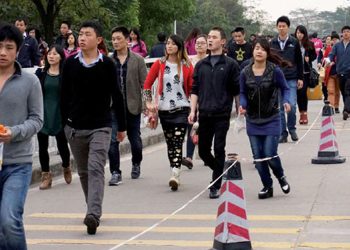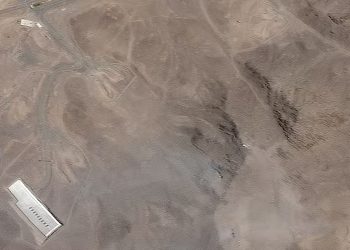In retrospect, the outgoing year has been characterized by hyper-inflation and tumultuous financial fluctuations, casting a shadow of misery upon the lives of ordinary citizens. The impact has been far-reaching, with even the upper middle class feeling the heat as purchasing power plummeted, and the prospects of relief appeared bleak.
The year 2023, marked by two changes in government amid political instability, proved economically challenging, witnessing unprecedented spikes in the prices of petroleum, gas, and electricity.
Petrol prices, for instance, surged from Rs50-70 per litre, only to experience a correction due to a dip in the international index. Simultaneously, domestic gas consumption tariffs saw an historic auto-correction, soaring by approximately 300 percent. This move, a rude awakening for a country heavily reliant on imported LPG, LNG, and costly power producers, sent shockwaves through the population.
The Pakistan Bureau of Statistics (PBS) recorded short-term inflation exceeding 40 percent in the last quarter of the year, driven primarily by a spiral in commodity prices.
The surge in energy costs, rendering exports nearly obsolete due to uncompetitiveness, added to the economic woes. While there was some respite towards the end of the year as the flight of the dollar was arrested and the rupee regained some stability, the micro-economic landscape remained precarious. Measures such as cracking down on trans-border smuggling, particularly on the western frontier, and targeting black-marketers and hoarders were applauded, but their impact waned as local district administrations failed to effectively manage prices, disregarding government guidelines.
Addressing inflation requires a comprehensive approach, necessitating concerted efforts to curb energy prices and provide immediate relief on essential food products. Despite a favorable agricultural yield, the paradox of soaring prices for vegetables and fruits persists, reflecting a policy-confused economic management approach that extends to the importation of cereals, rice, and wheat.
As 2023 draws to a close, the path forward demands strategic economic interventions to alleviate the burden on the common man and steer the nation toward stability.





























